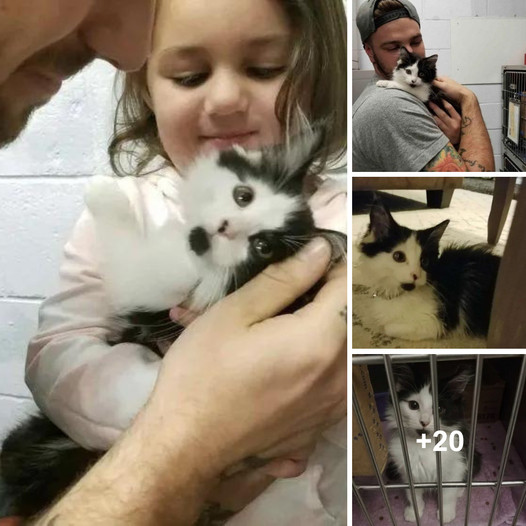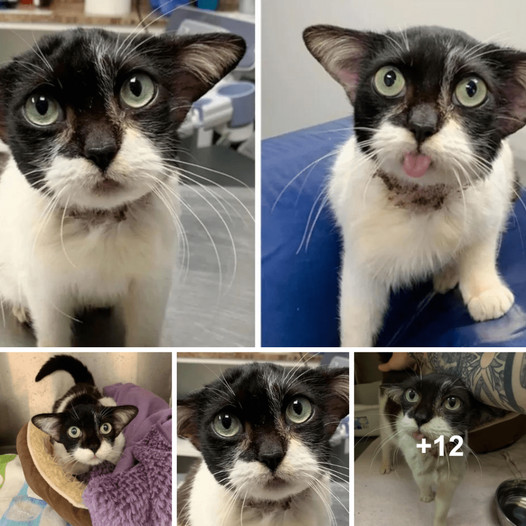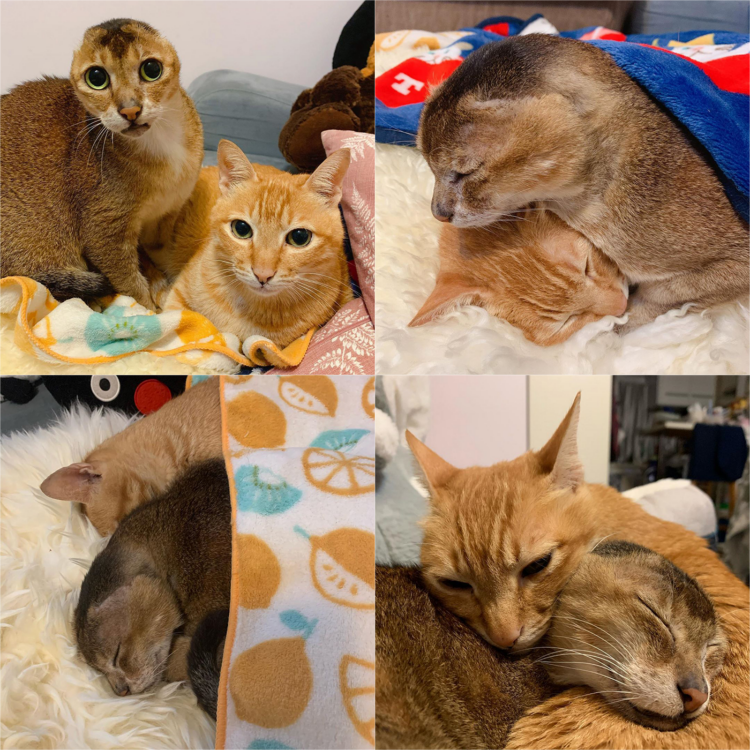
:strip_icc():format(webp)/GettyImages-514937248-363cfffc62414aa0aee6afb7648e9027.jpg)
The Somali cat is a lively and intelligent feline with a luxurious coat and a sleek body, which has earned it the nickname “fox cat” due to its reddish hue and bushy tail. This particular breed is known for its playful curiosity and enjoys interacting with humans, but it can easily become bored if not provided with enough mental stimulation. As a pet, the Somali is an excellent choice for households with other animals or for individuals who spend a majority of their time at home. While they are very affectionate, they are not particularly fond of being held and are not considered to be cuddly cats. If left alone for extended periods, the Somali can become mischievous and cause havoc around the house. This breed is of medium size, weighing up to 12 pounds and reaching a length of 26 inches. They possess medium-long fur in various colors such as red, ruddy, blue, fawn, and sorrel, with ticked patterns and striking green or gold eyes. Somalis have a high level of energy, requiring ample exercise and playtime to ensure their happiness and overall well-being. Additionally, they exhibit high levels of intelligence and tend to vocalize only when necessary. While they do shed moderately, it is important to note that they are not hypoallergenic. Originating from Australia, the Somali has a lifespan of up to 14 years.
:strip_icc():format(webp)/GettyImages-1028422036-758700eadf594872be2411df15d0179d.jpg)
The origins of the Somali cat remain somewhat mysterious, with experts speculating on its heritage. Some believe that the Abyssinian breed may have been crossed with long-haired cats of unknown origin in the early 1900s, which introduced a recessive gene. However, there is no solid evidence supporting this theory. The first appearance of the Somali cat, previously known as the “long-haired Abyssinian,” took place in Australian cat shows in 1965. Since then, breeders have dedicated their efforts to develop the Somali as a distinct breed, receiving recognition from all major cat associations. In terms of grooming, Somali cats have luxurious coats that require regular brushing once or twice a week to prevent tangles. The good news is that Somali cats generally enjoy being groomed, making it easier for their owners.

Keeping up with a regular dental hygiene routine is crucial for these cats, as they have a higher susceptibility to periodontal disease. Additionally, it is highly advised to schedule occasional dental cleanings for them to prevent any potential issues with their gums or teeth.








